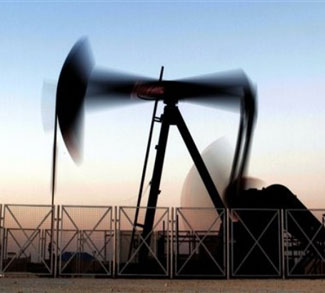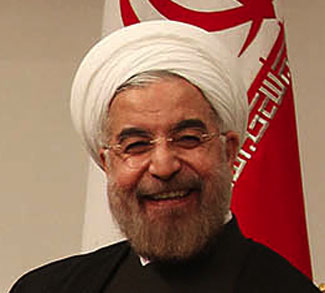Summary
The latest chapter in the Iranian nuclear saga contains some signs that coordinated unilateral sanctions from the United States and the European Union are actually working. But, will China’s reluctance to jump on board provide the Iranian regime with the trapdoor that it needs to escape the noose and hang onto power?
Analysis
While the latest round of sanctions has still fallen short of its intended goal of forcing Iran to renounce its uranium enrichment activities, it has succeeded in applying tangible economic pressure on the beleaguered regime in Tehran. The rial has lost 60 percent of its value against the dollar since the US and EU implemented their extraordinary sanctions against Iran’s financial industry. Iran’s oil output has also fallen by around 500,000 barrels in the past few months. Yet, Iran can still find buyers for its unrefined petroleum products, and it will continue to do so thanks in large part to the actions of the Chinese government.
Beijing doesn’t support the turning of the economic screw on Iran, and this lack of support is the very reason why sanctions are of the creative unilateral sort and not those that are imposed by the UN Security Council; a body that carries the legitimizing weight of international consensus. Beijing’s rejection of Western-led international pressure on Iran stems from the simple fact that it needs Iranian energy exports. Indeed, China is Iran’s biggest customer. To a lesser degree, the Chinese government doesn’t want to lend its support, whether directly or indirectly, to any Western regime change crusade that harms its supply chains or geopolitical position.
Thus, Beijing will carry out a two-track strategy in regards to sanctions on Iran: follow past UN Security Council resolutions to the letter while actively circumventing the unilateral sanctions enacted by Western governments. This shouldn’t be too much of a problem, as China has the necessary resources to ship, insure, and refine Iranian energy exports, and it can conduct said deals on the basis of barter or credit. Beijing, along with Russia, has already engaged staple-for-oil swaps with Tehran.
And it’s not just China circumventing the West’s unilateral sanctions. Several analysts have tipped Turkey to be the financial conduit that is allowing Iran to maintain some of its financial connections with the Western world. The story goes that there has been an upswing of Iranian companies establishing subsidiaries in Turkey recently. These subsidiaries are presumably being used to launder transactions involving US currency, consumer goods, and anything else that has drawn the ire of EU sanctions. This sort of development should come as no surprise, as black markets tend to grow out of sanction regimes as surely as spring turns to summer. One recent case being the energy black market that grew out of the post-1993 sanctions that were imposed on Iraq.
India is another country that has found itself on the wrong side of the sanction regime. Iran is India’s second largest supplier of crude oil and New Delhi has thus been caught between Western political pressure and its own energy security demands. However, the latter seems to have carried the day. India’s government recently entered into a deal with Tehran to use rupees in future bilateral trade between the two countries. Though this deal is a step towards sustained energy purchases, India still has several hurdles to get through before it can gorge itself on Iranian oil. First and foremost is the fact that EU sanctions have forbidden European companies from insuring Iranian oil shipments, and there’s no home-grown Indian alternative that can step in and fill the space at present. Interestingly, there’s been talk of Chinese companies stepping up and insuring Indian shipments. Such a turn of events would be notable insofar that it represents a very active Chinese effort to help other countries circumvent Western unilateral sanctions.
On one hand, there’s China- a country that not only has the resources to float Tehran’s energy exports, but is benefitting from preferential pricing deals by doing so. Beijing could arguably continue like this forever, shrugging off US sanctions on its domestic companies as it did when the Zhuhai Zhenrong Corp was singled out in January. On the other hand, there’s the United States. The Obama administration faces significant time pressures in the form of gas price volatility in an election year, demands for tangible results, and the possibility of a disingenuous Iranian return to the negotiating table. All signs point to Tehran being able to weather the storm thanks to its benefactors in Beijing.




